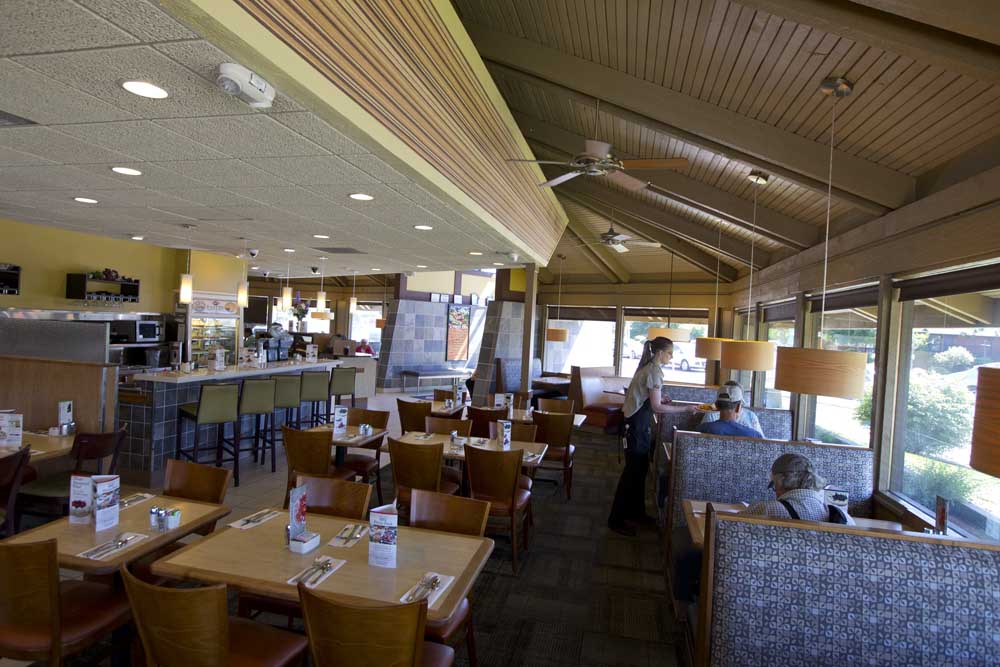Around the state
Published 12:00 am Monday, July 15, 2019

- Stock image
Oregon E-Cycles celebrates 10 years of electronics recycling — This month marks the 10th anniversary of Oregon E-Cycles, a statewide electronics recycling program. More than 250 million pounds of electronics have been recycled and more than 410,000 electronic devices reused in the program’s first decade, said Jennifer Flynt, spokeswoman with the Oregon Department of Environmental Quality. Oregon E-Cycles started in 2009 and the program relies on a network of recycling centers, transfer stations, thrift stores, retail stores and other outfits to collect unwanted electronics. The Oregon Legislature in 2010 made it illegal to throw televisions, monitors and computers in the trash. In 2011, lawmakers added printers to the list, as well as keyboards, mice and other computer peripherals. Participating organizations in Eugene and Springfield include Goodwill, the Salvation Army and St. Vincent de Paul, as well as NextStep Recycling, which runs the ReUse Store. Go to deq.state.or.us/ecsearch/Default.aspx to find an Oregon E-Cycles collector. For more information about the program go to oregon.gov/deq/ecycles.
OHSU heart transplant deaths spiked before program shut down — In 2017, the year before every cardiologist in the Oregon Health & Science University Hospital heart transplant program quit, the program experienced an alarming number of patient deaths. The Oregonian/OregonLive reports the hospital eventually lost twice the number of people analysts expected. Since then, OHSU has dropped to among the worst places in the U.S. to receive a heart transplant. A July 2019 report from the Scientific Registry of Transplant Recipients shows that people who received a heart transplant at OHSU Hospital in the last two years are at 67% higher risk to die in the first year after the operation than patients at comparable programs. While OHSU Hospital officials say that the implosion of the heart program is unrelated to the deaths, the trend indicates that the heart transplant program started to experience trouble over a year before four cardiologists left.






